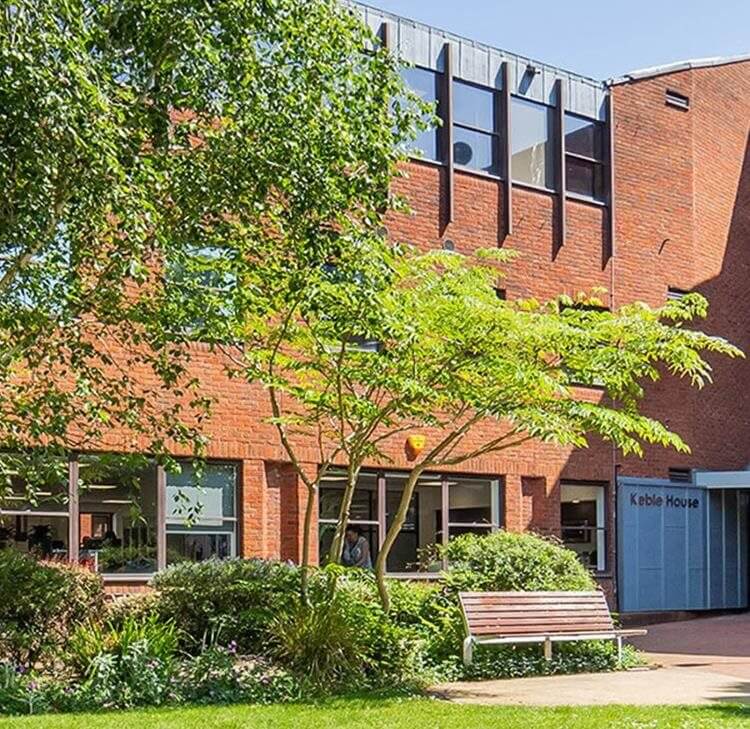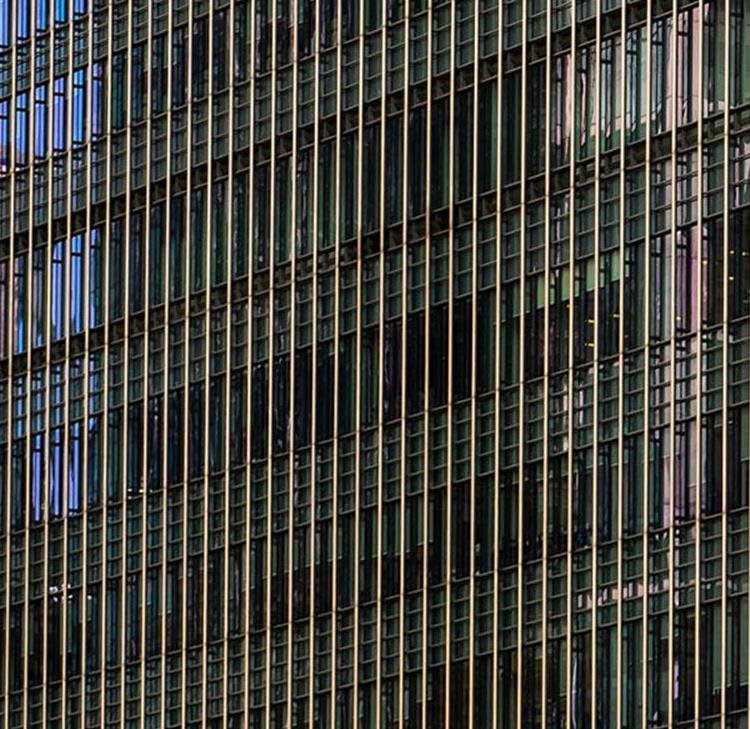Update on tenant protections
We reported that the Government was extending to 30 September 2020 the various tenant protections it has brought in since the pandemic began. Perhaps not surprisingly, those protections have now been extended again until 31 December 2020.
Please note: the information contained in this legal update is correct as of the original date of publication.
We mentioned in our article on 1 July (click here) that the Government was extending to 30 September 2020 the various tenant protections it has brought in since the pandemic began. Perhaps not surprisingly, those protections have now been extended again until 31 December 2020.
So, in summary, until 31 December 2020:
- A landlord cannot forfeit (i.e. terminate) a business lease for non-payment of rent (and other sums due under a lease).
- A landlord cannot exercise the statutory procedure known as Commercial Rent Arrears Recovery (or CRAR) (which allows a landlord to instruct an enforcement agent to take control of a tenant's goods and sell them to recover an equivalent value to the rent arrears outstanding) unless a minimum of 276 days’ net unpaid rent is outstanding (where CRAR takes place on or before 24 December 2020) or a minimum of 366 days’ net unpaid rent is outstanding (where CRAR takes place on or after 25 December 2020). In effect, this prevents a landlord exercising CRAR even if a tenant has paid no rent on the March, June and September 2020 quarter days.
- A landlord (or indeed any other creditor) cannot present a winding-up petition against its tenant on the basis of a statutory demand and cannot present a winding-up petition on any ground unless it has reasonable grounds for believing that coronavirus has not had a financial effect on the company (or that the debt issues would have arisen even if coronavirus had not had a financial effect on the company).
When discussing these proposed extensions in the House of Commons, Robert Jenrick (the Secretary of State for Housing, Communities and Local Government) made some telling comments that tenants in particular would do well to heed. He stressed that these are temporary measures which cannot go on indefinitely and that this is not a rent ‘holiday’ (the rent is still due), he recognised the impact these extensions have on landlords and he urged both landlords and tenants to use this time to negotiate with each other in good faith. He also referred to the voluntary code of practice published in June (which we also discussed in our article on 1 July) which should form the basis of any negotiations and reiterated a consistent Government message since the start of the pandemic that tenants who are able to pay rent in full should do so.
The underlying message is actually pretty stark. If both sides do not use this extra breathing space to reach amicable solutions, the Government will intervene if necessary. A potential iron fist in a velvet glove indeed!
Contact

Sarah Parkinson
Partner
sarah.parkinson@brownejacobson.com
+44 (0)115 976 6575
Related expertise
You may be interested in...
Legal Update
Ministry of Sound ruling: Landlord’s redevelopment break clause permitted by the court
Legal Update
Beyond the shopfront: How the Renters' Rights Act will reshape residential lettings in retail property
Legal Update
English Devolution Bill: Is it the end of upwards-only rent reviews?
Legal Update
Essential updates to the RICS service charges in commercial property
Press Release
Browne Jacobson advises SKIMS on lease of a landmark Regent Street store
Legal Update
Government plans to ban upwards only rent reviews catch everyone by surprise
Opinion
Law Commission issues interim statement on reforms to the Landlord and Tenant Act 1954
Guide
Recovering insurance commission payments: tenant considerations post-Trocadero v Picturehouse
Press Release
Browne Jacobson to explore skills challenges in built environment at UKREiiF event
Press Release
Browne Jacobson returns to UKREiiF 2025
Legal Update
Navigating VAT in corporate real estate: Key considerations for landlords and tenants
Legal Update
Real estate energy efficiency: Guide to lease and regulatory changes
Legal Update
Navigating the Levelling Up and Regeneration Act 2023: Implications for retailers with vacant premises
Opinion
Power for local authorities to conduct compulsory rental auctions of vacant high street properties to come into force next month
Press Release
Browne Jacobson to lead discussions on the future of real estate and infrastructure at this year’s UKREiiF 2024 event
Press Release
Browne Jacobson acquires business of real estate practitioner Paul Taylor Solicitors
Legal Update
COP28 - how to limit and prepare for future climate change
Podcast
The real estate podcast: How AI and tech is changing real estate
Legal Update
How to negotiate better ‘green’ provisions in your leases
Opinion
The Metaverse's influence on real estate: Implications for commercial retail clients and law firms
Legal Update
Utilising prime retail sites to improve the health of our nation
Opinion
Supreme court rules on retail tenant's service charge bill
Press Release
Browne Jacobson’s retail lawyers advise Wilko on its strategic £48m sale and leaseback of Nottinghamshire distribution centre to DHL
Opinion
Rent arrears post-Covid: What are the landlord’s options?
Since the beginning of the pandemic, landlords and tenants have experienced significant limitations in the way rent arrears could be pursued. We first saw the moratorium on the recovery of Covid related arrears, and more recently we’ve experienced the implementation of the Covid arrears arbitration scheme.
Published Article
RAAC planks and its impact on local authorities
Recent reports of flat roofs constructed using RAAC planks collapsing without warning prompted the SCOSS alert.
Opinion - Building safety
Building Safety Bill amendments
Legal Update
W (No.3) GP (Nominee A ) Ltd and another v J D Sports Fashion Plc (Nottingham County Court, 22 October 2021)
The County Court refuses the landlord’s request to include a turnover rent in a statutory lease renewal.
Opinion
Covid-19 rent arrears – the questions that remain
The Government appears set to announce plans on ‘living with Covid to restore freedom’. With the success of the retail and hospitality sector key to recovery, what protections will be on offer to tenants to deal with Covid-19 rent arrears?
Legal Update
Macey v Pizza Express (Restaurants) Ltd [2021] EWHC 2847 (Ch)
A landlord did not demonstrate the requisite intention required to oppose a statutory lease renewal underground (g).
Legal Update
Stonecrest Marble Ltd v Shepherds Bush Housing Association Ltd [2021] EWHC 2621 (Ch)
Where a lease provides a comprehensive scheme of repair and insurance, the court will not imply terms to cover any gaps in that scheme.
Legal Update
Capitol Park Leeds Plc and another v Global Radio Services Ltd [2021] EWCA Civ 995
A tenant who handed back an empty shell of a building had complied with a condition of its break option to give vacant possession of the property.
Legal Update
Presenting a winding up petition to recover pandemic rent arrears
The government has now published new regulations to replace the winding up restrictions mentioned above from 1 October 2021. The key point of interest from a landlord and tenant perspective is that these new regulations will prevent a landlord from presenting a winding up petition to recover rent until 31 March 2022 where the sums are unpaid by the tenant because of the financial effect of the pandemic.
Legal Update
The government’s plans for dealing with Covid-19 rent arrears – some more details emerge
Last week, the government published a policy statement to deal with rent arrears accrued during the pandemic for those businesses affected by the pandemic.
Published Article
Correcting a mistake in an retail prices index rent review clause
A court will not alter an unambiguous contractual term merely because it is unduly favourable to one party, imprudent or unreasonable or because it provides for one party to pay too high a price for something. However, a court can correct the literal meaning of a contractual provision by construction if it is clear both that a mistake has been made and what the provision was intended to say.
Opinion
Handing back an empty shell of a building did not prevent a tenant from exercising a break clause
Break rights have proved a fertile source of litigation over the last few years. More often than not, tenants have found themselves on the wrong end of the decisions. However, a Court of Appeal decision yesterday has bucked that trend.
Legal Update
Restrictions on landlords’ remedies extended again and extra protection to be given to certain businesses
The delay in the full easing of lockdown restrictions and the knock on effect for certain tenants (particularly those in the hospitality and entertainment industry) has clearly caused a change of heart and the government has now announced a further extension of the restrictions.
Opinion
Commercial landlord and tenant: Ban on evictions extended
Stephen Barclay the Chief Secretary to the Treasury has today announced that the ban on commercial evictions is to be extended to 25 March 2022.
Opinion
Relief for landlords as the Court of Appeal confirms that leases have been validly contracted out
One of the requirements for tenants to contract out of the security of tenure regime contained in the Landlord and Tenant Act 1954 is that they make a simple or statutory declaration before entering into the lease.
Opinion
Summary judgment stayed where part 26A restructuring plan pending
Landlords should reconsider summary judgment if a Part 26A restructuring plan is pending.
Opinion
Landlords’ claims for summary judgment for ‘Covid’ rent arrears succeed (again)
A landlord’s claim for summary judgment to recover rent and service charge arrears accrued since the start of the pandemic against a non-essential retailer succeeded. Like London buses, a second such case has followed hot on its heels.
























